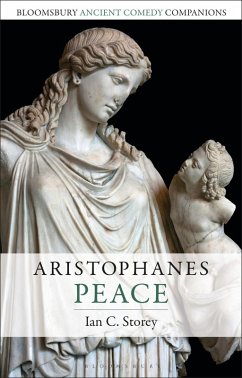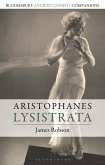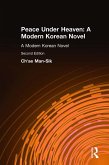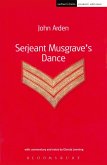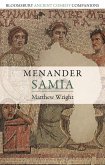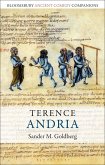This is the first volume dedicated to Aristophanes' comedy Peace that analyses the play for a student audience and assumes no knowledge of Greek. It launches a much-needed new series of books each discussing a comedy that survives from the ancient world. Six chapters highlight the play's context, themes, staging and legacy including its response to contemporary wartime politics and the possible staging options for flying. It is ideal for students, but helpful also for scholars wanting a quick introduction to the play.
Peace was first performed in 421 BC, perhaps only days before the signing of a peace treaty that ended ten years of fighting between Athens and Sparta (the Archidamian War). Aristophanes celebrates this prospect with an imaginative fantasy involving his hero's flight on a gigantic dung-beetle to Olympus, the rescue of the goddess Peace from her imprisonment in a cave, and her return to a Greece weary of ten years of war. Like most of the poet's comedies, this play is heavy on fantasy and imagination, light on formal structure, being an exuberant farce that champions the opponents of War and celebrates the delights of the return to country life with its smells, food and drink, its many pleasures and none of the complications that war brings in its wake.
Peace was first performed in 421 BC, perhaps only days before the signing of a peace treaty that ended ten years of fighting between Athens and Sparta (the Archidamian War). Aristophanes celebrates this prospect with an imaginative fantasy involving his hero's flight on a gigantic dung-beetle to Olympus, the rescue of the goddess Peace from her imprisonment in a cave, and her return to a Greece weary of ten years of war. Like most of the poet's comedies, this play is heavy on fantasy and imagination, light on formal structure, being an exuberant farce that champions the opponents of War and celebrates the delights of the return to country life with its smells, food and drink, its many pleasures and none of the complications that war brings in its wake.

